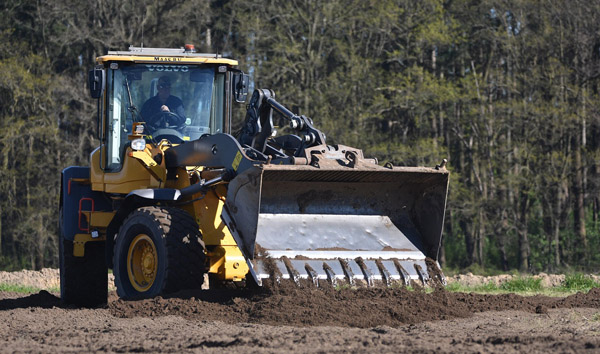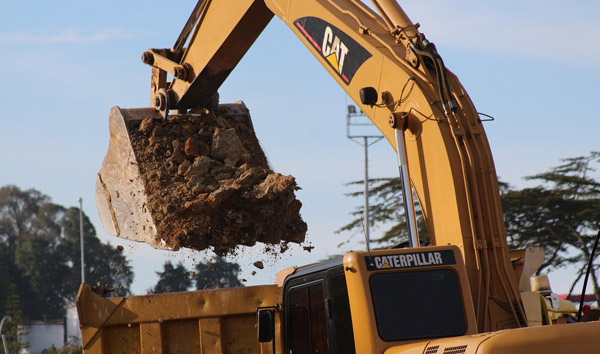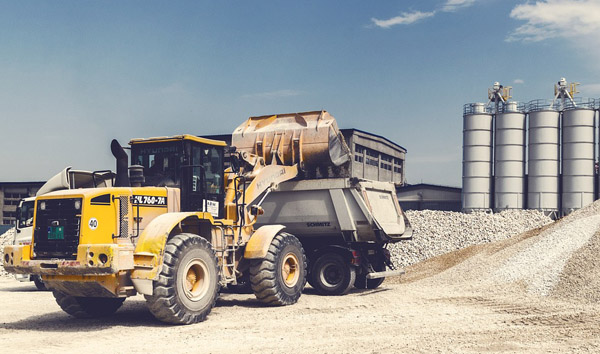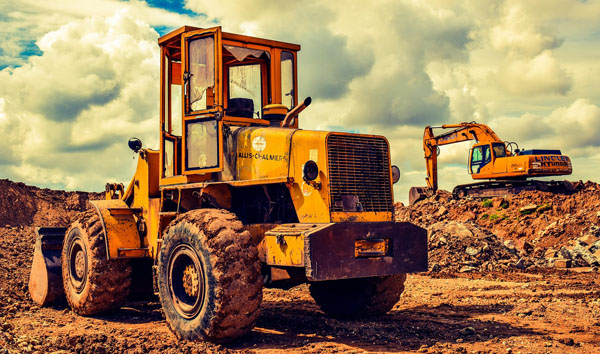Revolutionizing Cold-Start Performance in Rough Terrain Forklifts
2025-07-21 03:50:31
The challenges of operating Rough Terrain Forklifts in cold environments are well-documented, with traditional engines often struggling to start in sub-zero temperatures. Recent innovations in cold-start technology, however, have significantly improved reliability. By integrating advanced glow plug systems and optimized fuel injection, manufacturers have reduced startup times by up to 40%, according to industry data from 2023. These enhancements are critical for industries relying on rough terrain forklifts in harsh climates, such as construction and mining.
One of the key breakthroughs in cold-start technology for rough terrain forklifts is the adoption of synthetic engine oils with lower viscosity. These oils maintain fluidity in freezing conditions, reducing friction and wear during ignition. Field tests conducted in Scandinavia showed a 35% improvement in engine longevity when using these specialized lubricants. Additionally, rough terrain forklifts equipped with pre-heating systems for coolant and batteries have demonstrated a 50% reduction in failed starts at temperatures below -20°C.
Another critical factor is the integration of intelligent engine management systems (EMS) in rough terrain forklifts. These systems monitor ambient temperature and adjust fuel-air mixtures accordingly, ensuring smoother cold starts. Data from a 2024 industry report revealed that EMS-equipped forklifts experienced 30% fewer engine stalls in cold weather compared to conventional models. This technology is particularly beneficial for rough terrain forklifts operating in remote locations, where downtime can lead to significant productivity losses.
Battery technology has also seen remarkable advancements, with lithium-ion options now replacing traditional lead-acid batteries in many rough terrain forklifts. These batteries deliver higher cranking power in cold conditions and recharge faster, even at low temperatures. A 2023 study by the International Forklift Association found that lithium-ion batteries improved cold-start success rates by 25% in rough terrain forklifts. Furthermore, regenerative braking systems in these forklifts help maintain battery charge, ensuring consistent performance in challenging environments.
Looking ahead, the future of cold-start technology for rough terrain forklifts lies in hybrid and fully electric powertrains. Early prototypes have shown promise, with electric motors eliminating cold-start issues entirely. Industry projections suggest that by 2027, 20% of new rough terrain forklifts will feature hybrid or electric systems. As cold-start technology continues to evolve, rough terrain forklifts will become even more dependable, enabling seamless operations in the most demanding conditions worldwide.














